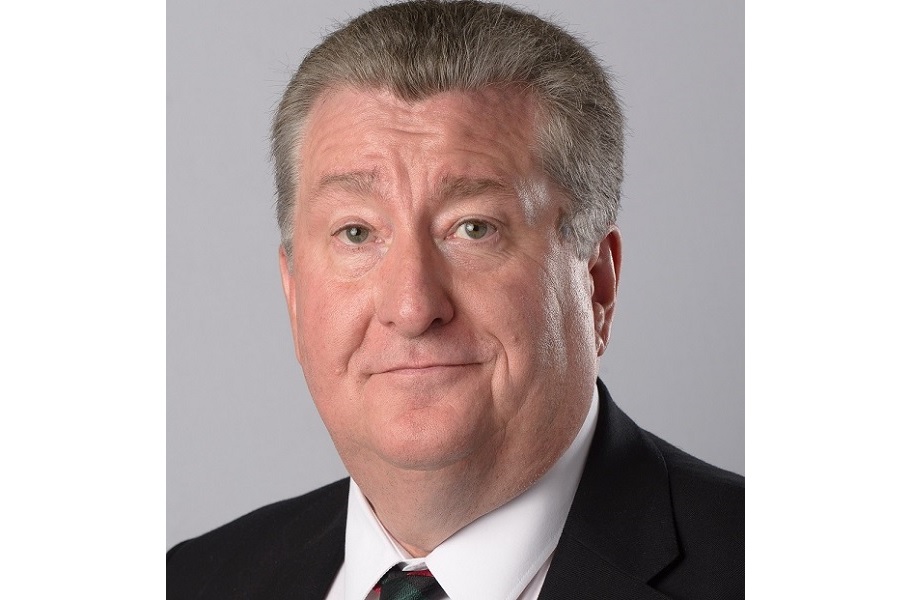Outgoing Engineering Council CEO reflects on safety standards and self regulation in engineering.

Voluntary regulation has played a vital role in making sure that the UK has some of the most robust safety and highest quality standards in the world – and the framework is in place to ensure the public has confidence in the sector in the years to come.
That is the view of outgoing Engineering Council CEO Alisdair Coates BEng(Hons) MSc CEng FICE MCIHT CMIOSH (pictured right) as he retires after five years in the role and four decades after the Council’s incorporation by Royal Charter in November 1981.
Coates made the comments in light of a recent Ipsos MORI Veracity Index which shows engineers are now second only to nurses as the most trusted profession in the UK. Almost nine in ten (87%) of those polled trust engineers to tell the truth, second and up from sixth place in 2021.
He said there are now currently over a quarter of a million professionally-registered engineers and technicians on the Engineering Council’s Register. As the world faces “significant, complex challenges and technology continues to develop at pace”, their work is “vital” in shaping society’ future.
Coates, who joined the Engineering Council as CEO after a successful career in the railway industry, said: “Voluntary regulation is important because standards matter – the public has a right to expect engineers to be able to demonstrate their competence and behave in an ethical, sustainable way.
“We are proud to say that every Chartered Engineer (CEng), Incorporated Engineer (IEng), Engineering Technician (EngTech) and Information and Communications Technician (ICTTech) has not only demonstrated their competence against an independent standard. Every one has also committed to maintaining and enhancing that competence through carrying out Continuing Professional Development and complying with a Code of Conduct. Employers, clients and members of the public can verify an individual’s Engineering Council registration through our online tool, RegCheck.”
Coates added that the maintenance of standards for public benefit is at the core of the Engineering Council’s purpose and, following discussions with His Majesty King Charles, the organisation has worked with the professional engineering community to provide support for refugee engineers, including signposting from its website and the development of a mentoring and work placement programme.
There is no legal restriction on who can call themselves an engineer in the UK, because engineering is not regulated by statute (with the exception of some safety-critical areas, such as aircraft maintenance, gas fitting and railway signalling).
But only people successfully assessed against the Council’s internationally-recognised standard can use the legally protected professional titles awarded by the Engineering Council.
Engineering Council Chairman Chris Atkin said: “I count myself extremely fortunate to have been able to work with Alasdair during this period. He has presented a calm and assured face to the professional engineering community and has, in particular, worked hard to maintain and enhance the Engineering Council’s role as a critical friend as well as the regulator.
A spokesperson for the Engineering Council said the recruitment process of a new CEO has begun and it is anticipated that a new CEO will take on the role between Easter 2023 and its next AGM in June.

